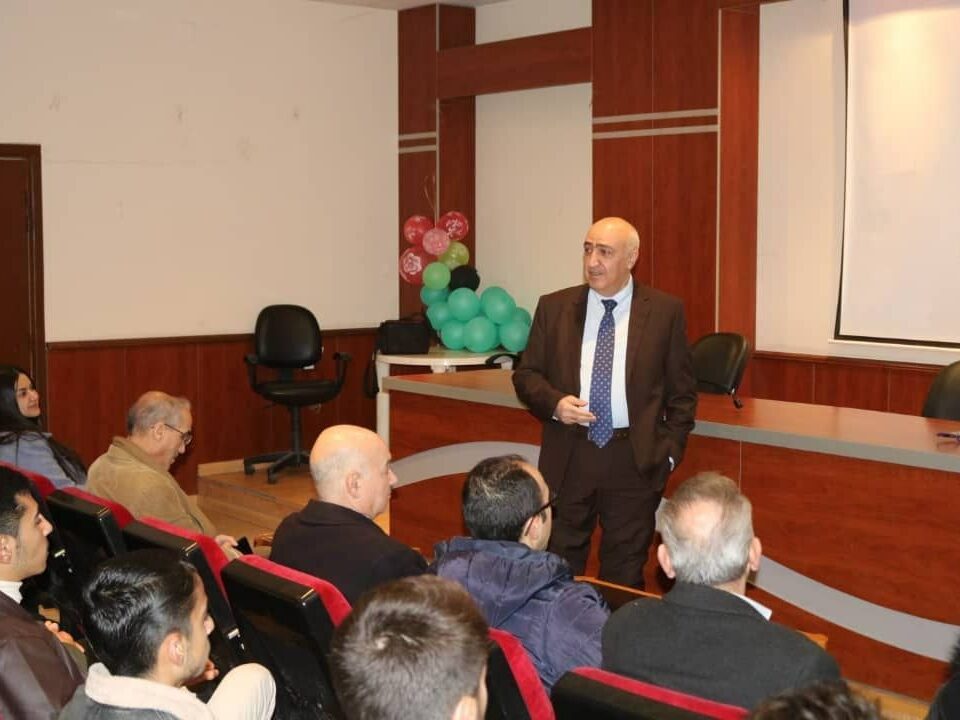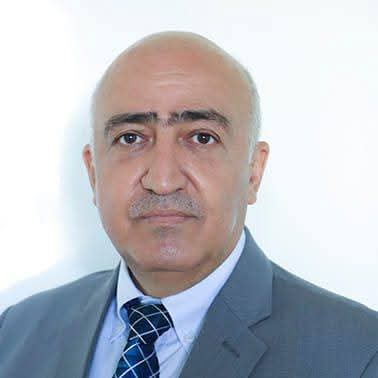Open learning exams for the second semester have begun this morning, and approximately 8,500 students, including 400 agricultural reclamation engineering students, have taken the exams.
Open education includes seven undergraduate programs: translation, kindergarten, marketing and e-commerce, management of small and medium enterprises, legal studies, and tourism guidance. There is also a program for students of educational qualification diploma and a program for land reclamation engineering in arid and semi-arid areas, after the Ministry of Higher Education and Scientific Research Decision No. 134, which granted third, fourth, and fifth-year students exam sessions as of the second exam session of the academic year 2024-2025.
The exams were conducted in a calm, organized atmosphere in accordance with the schedule established by the university presidency. In addition, measures were taken to ensure optimal examination process that commensurate with the approved academic standards.
During his inspection tour of the examination programs at the Faculty of Economics, President of Homs University, Prof. Tarek Houssam ElDeen, has emphasized the university’s commitment to providing a suitable examination environment that takes into account the students’ interests and supports the quality of the educational process. Moreover, he has explained that the university is continuously working to develop open education programs to meet the demands of the labor market and the needs of community.
Prof. Houssam ElDeen has added that open education is a knowledge and scientific opportunity for continuous learning and that it enhances the university’s presence as an academic beacon capable of accommodating diverse scientific and research interests.
Examinations for open education programs continue until October 9, 2025. Results will be announced according to the university’s approved procedures, ensuring the highest levels of accuracy and objectivity in assessment, in line with the university’s mission to establish academic quality standards and enhance student confidence in educational outcomes.











